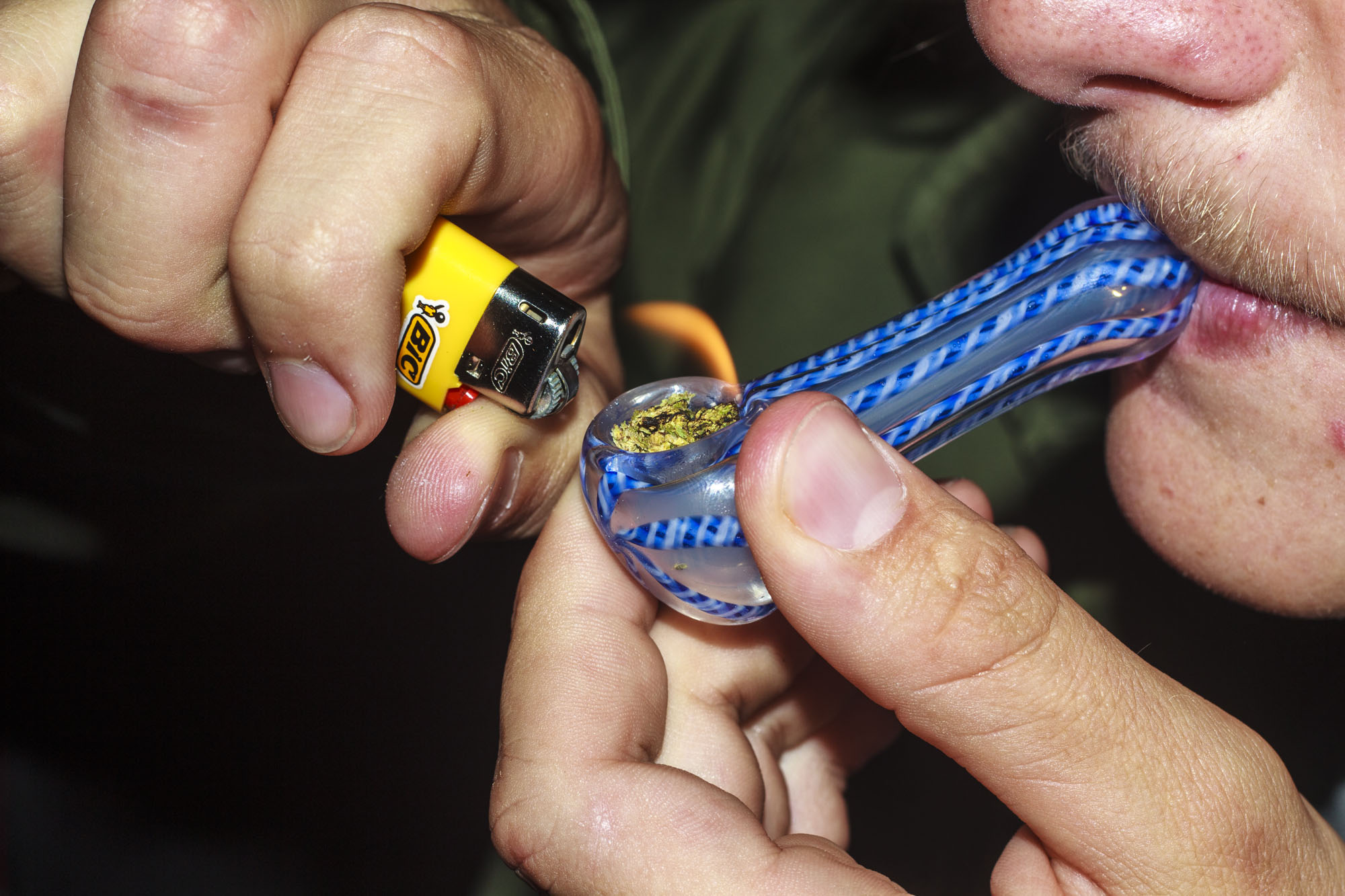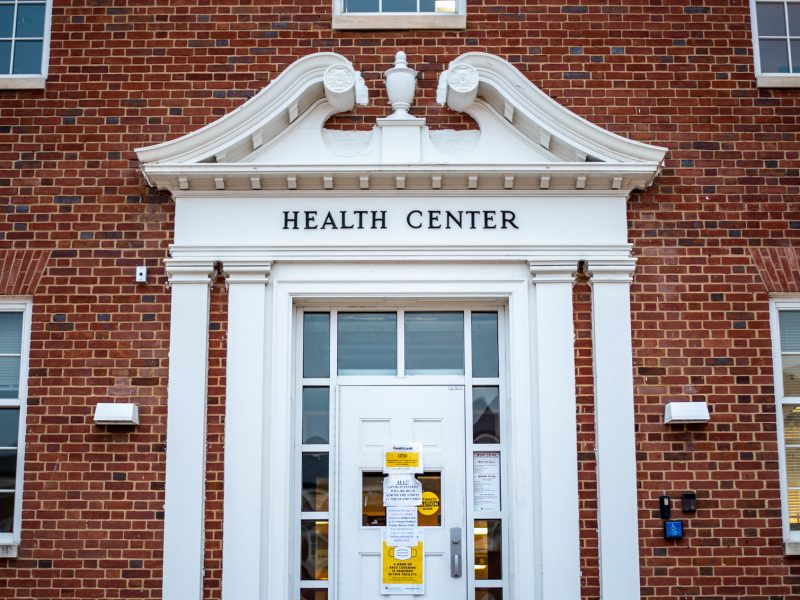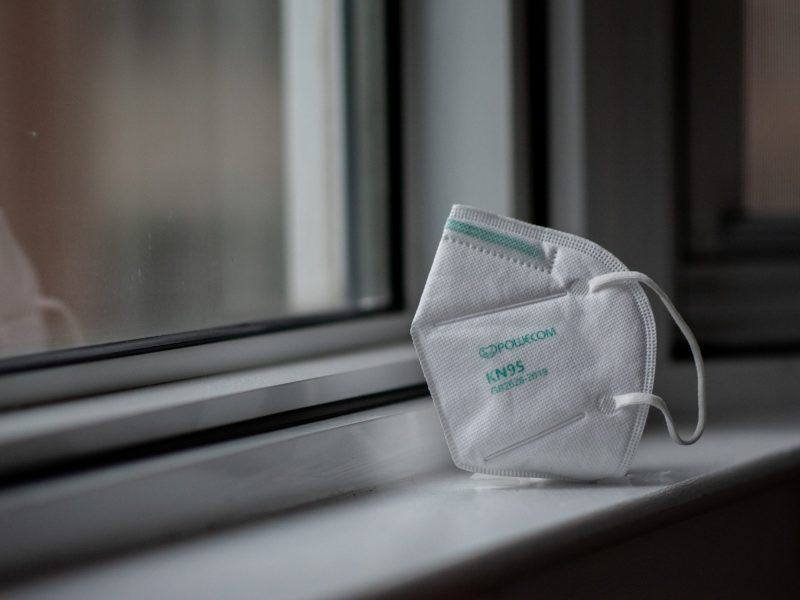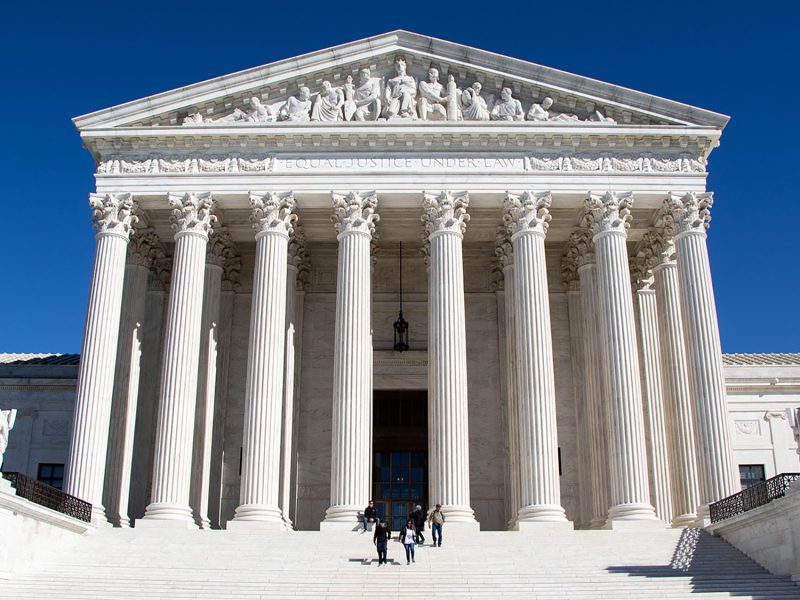By Carly Taylor
For The Diamondback
Senior Philip Gouldman thinks legalizing marijuana is just common sense.
“People who are criminalizing it are people who have no experience [with marijuana],” the computer science major said.
And now, a record number of people agree with Gouldman’s stance. A recent Gallup poll shows 60 percent of Americans support making the drug legal — the highest that percentage has been since Gallup started asking the question in 1969.
Back then, 12 percent of Americans supported marijuana legalization.
In Maryland, weed is not legal recreationally, but the 2014 legislature approved it for medical use. That same year, lawmakers in this state also voted to decriminalize small amounts of marijuana, according to a Baltimore Sun article.
And while Maryland isn’t putting forth a ballot in November to legalize the drug for recreational use, five states are: California, Nevada, Arizona, Massachusetts and Maine. Four states and Washington, D.C. have already passed such legislation, according to The New York Times.
Peter Reuter, a professor at the University of Maryland’s public policy school, said the surge in support does not indicate the drug is any less dangerous or addictive.
“There is nothing striking about the 60 percent,” Reuter said. “More people are exposed to it as a legal commodity so it doesn’t seem so strange and scary now.”
But according to the National Institute on Drug Abuse, “research suggests 30 percent of users may develop some degree of problem use, which can lead to dependence.” Marijuana may also reduce thinking, memory and learning functions, according to the institute.
Gouldman said marijuana is the “least harmful narcotic out there,” and that he hopes the high poll numbers sway Maryland lawmakers.
For young people like Gouldman, support is even higher than the national average. Among 18 to 34-year-olds, 77 percent believe marijuana should be legalized, according to the Gallup poll.
Junior physiology and neurobiology major Elliott Rebello said students are likely to use marijuana to alleviate stress in their lives. Rebello is president of the Student Health Advisory Committee, but was not speaking on behalf of the group.
If Maryland were to legalize the drug, Rebello said the committee would work with the University Health Center to decide how to move forward.
“We would work with the health center on different policies, just as there are similar approaches taken with tobacco,” Rebello said.
Sophomore Clare Robinson, a Colorado resident, said she supports marijuana legalization if the drug is properly regulated.
Robinson said the effect of legalization on her home state’s economy has been positive — Colorado collected $486 million in total revenue from the drug during the first half of 2016, according to a July Denver Post article. But she remains skeptical about it.
“From what I’ve seen, it makes people more lazy and not inclined to care about things,” the government and politics major said.
Sophomore economics and French major Erika Cornejo said that while marijuana should be legal, the drug is not a necessarily for everybody.
“I don’t think that everyone should do it,” Cornejo said. “But if you’re into it then go for it.”



